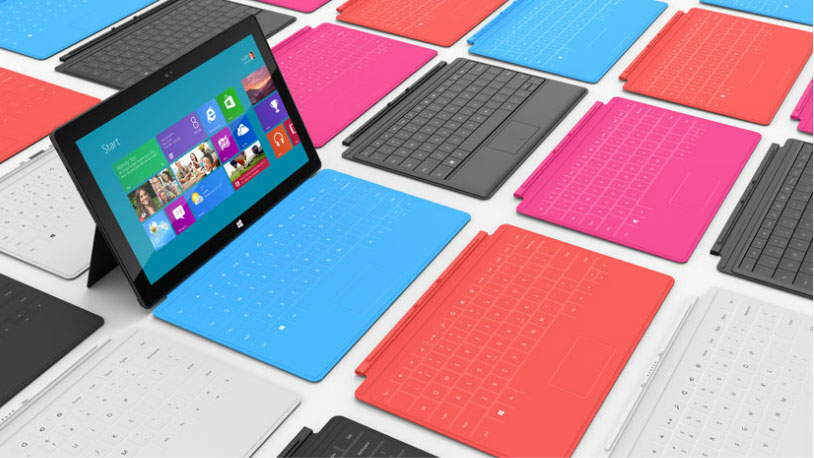Acer holding off on Windows RT tablets after mixed Surface reception
Expect in Q2

Sign up for breaking news, reviews, opinion, top tech deals, and more.
You are now subscribed
Your newsletter sign-up was successful
Acer appeared all set to launch tablets running Microsoft's Window RT operating system early next year, but according to a new report, those plans have changed.
The PC maker likely won't launch any devices running RT and based on ARM chips earlier than the second quarter of 2013.
The reason?
"Originally we had a very aggressive plan to come out very early next year but because of Surface, our R&D development doesn't stop, but we are much more cautious," Jim Wong, president of Acer, told Reuters Tuesday.
"Originally our plan was Q1, but now I don't think it will be earlier than Q2."
Proceeding with caution
Microsoft's Surface tablet has received mixed reviews, a reaction that has apparently given Acer cold feet.
Research and development on RT tablets won't stop, Wong said, though questions regarding manufacturing and pricing are still left unanswered.
Sign up for breaking news, reviews, opinion, top tech deals, and more.
Wong's caution isn't unwarranted: he pointed out that Lenovo and Asus both announced Windows RT tablets starting at $599 (UK£372, AUD$578) before Microsoft priced the Sufrace at $499 (around UK£310, AUD$559).
For example, Asus announced its Asus Vivo Tab RT tablet will cost $599 (UK £370, AU $679) for a 32GB version and $699 (UK £430, AU $789) for the 64GB variant.
The 64GB Surface costs $699 (around UK£430, AUD$789), while the 32GB version with a Touch Cover costs $599 (around UK£370, AUD$679).
All that Acer can do, Wong said, is wait to see what Microsoft does next - and how the Surface fairs - before moving forward.
Via Reuters

Michelle was previously a news editor at TechRadar, leading consumer tech news and reviews. Michelle is now a Content Strategist at Facebook. A versatile, highly effective content writer and skilled editor with a keen eye for detail, Michelle is a collaborative problem solver and covered everything from smartwatches and microprocessors to VR and self-driving cars.